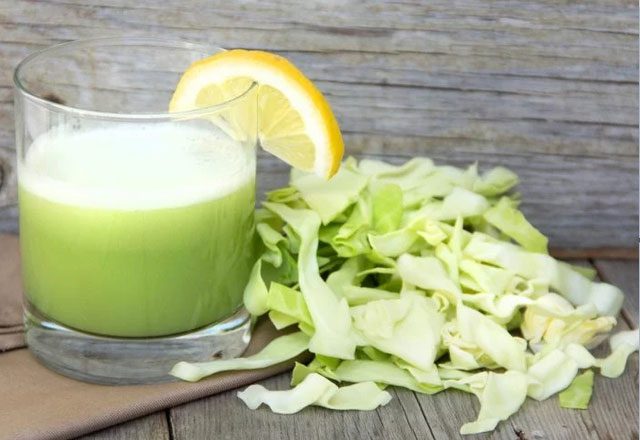Since the times of Ancient Greece and Rome, the remarkable benefits of this vegetable have been recognized.
Dr. Huỳnh Tấn Vũ, from the University Medical Center in Ho Chi Minh City, states that cabbage – a staple vegetable in the Brassica family – is quite popular among the Vietnamese.
Historically, the benefits of cabbage have been acknowledged for its nutritional value, medicinal properties, and beauty benefits. In Europe, cabbage has been used as a medicinal herb since ancient times, often referred to as “the poor man’s medicine.”
Today, cabbage is known for its numerous health benefits and high nutritional value. Specifically, 100g of cabbage contains: 0.8g of lipids, 1.7g of fiber, and 2.4g of total minerals… cabbage is rich in vitamin C and vitamin P.
Dr. Vũ informs that cabbage juice is beneficial for stomach health. In 1948, scientists discovered that cabbage contains a compound called vitamin U, which aids in healing stomach and duodenal ulcers, as well as gastritis and colitis.

Cabbage juice is good for health. (illustrative image).
According to traditional wisdom, the effects of cabbage juice are enhanced when mixed with celery juice.
Dr. Vũ notes that some studies from New York University indicate that regular consumption of cabbage helps reduce the risk of gastrointestinal cancer.
Nowadays, the various uses of cabbage are well-known, including treating worms, healing scars, and acne. Cabbage juice is also likened to a remedy for calming the nervous system and alleviating insomnia…
In Traditional Chinese Medicine, cabbage is considered sweet and cool, non-toxic, and is believed to promote blood circulation, stop bleeding, act as a diuretic, clear the lungs, reduce heat, eliminate phlegm, detoxify, generate fluids, quench thirst, cool the stomach, and nourish the spleen and stomach.
Although cabbage is generally safe, Dr. Vũ warns against its use for individuals with a cold constitution; if consumed, it should be paired with fresh ginger. Individuals suffering from constipation or infrequent urination should avoid raw cabbage or pickled cabbage and should eat it cooked instead.
Cabbage contains a small amount of goitrin, a substance with antioxidant properties, but excessive consumption can lead to goiter development. Those with thyroid disorders or goiter should avoid cabbage as it may exacerbate their condition.
If you wish to eat cabbage, it is advisable to consume it in moderation. Before eating, it is recommended to cut the leaves, soak and rinse them, then chop them finely, allowing them to sit for 10-15 minutes before cooking, which will help break down the goitrin.
People with severe renal impairment who require dialysis should also avoid cabbage.



















































